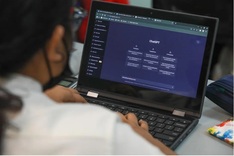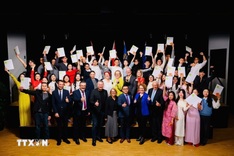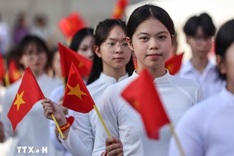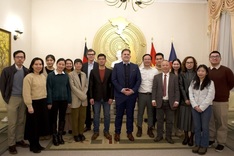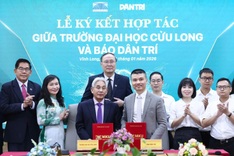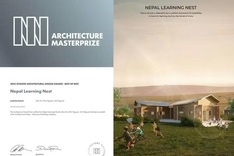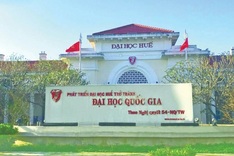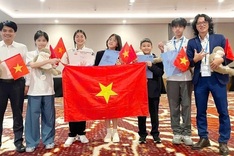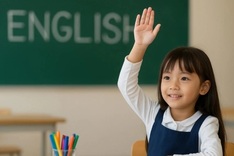For many people coming to Korea, one of the most vexing things to overcome is the language barrier. The task is even more difficult for the growing number of marriage migrants - the overwhelming majority of which are women - arriving here from Southeast Asian countries such as Cambodia, Vietnam and the Philippines.
Or so one would think.
But many of these women say that the language is just one of the challenges they must master.
Another is the food. And mastering the art of Korean cooking is no small task given that, according to Korean custom, there are a seemingly infinite number of side dishes that must be prepared to accompany every meal.

Members of the Coalition for Multicultural Families in Korea, created a Korean cookbook for marriage migrants and is having it translated into seven languages.
Reflecting the growing demand for information about Korean cooking techniques, the Coalition for Multicultural Families in Korea, a local advocacy group, decided last year to publish a Korean cookbook and aims to have it translated into seven languages (English, Chinese, Thai, Mongolian, Japanese, Nepali and Vietnamese).
For the past year, a group of volunteers from the center has worked with food experts and translators to produce and translate recipes for eight different types of dishes: rice, guk (soup), jjigae (stew), banchan (sidedishes), namul (seasoned vegetables), jeon (pancakes), noodles and kimchi.
The Vietnamese language edition of the book, which is also written in Korean, finally hit bookstores at the end of last month.
The other editions of the book will be ready next year, according to Cho Won-ki, the founder of Comfa.
“It’s difficult for many marriage migrants to learn how to cook Korean food because they don’t have access to Korean cookbooks written in their native languages,” Cho said. “And even if the mother-in-law of a marriage migrant tries to teach her daughter-in-law how to cook Korean food, both sides suffer a lot because they cannot communicate well. That’s how we came up with the idea to create a cookbook that gives recipes for cooking Korean food in their own languages.”
Koo Mi-suk, the head of Comfa, who was in charge of selecting the recipes, said the recipes are for foods that Koreans eat regularly.

Moon Min-joo was in charge of the Vietnamese edition of the book. Provided by Moon Min-joo and Comfa
“We have many recipes for different kinds of kimchi and jjigae enjoyed by the typical Korean family,” Koo said.
Moon Min-joo, a 25-year-old medical tourism coordinator born and raised in Vietnam by a Korean father and a Vietnamese mother, translated the cookbook into Vietnamese. Moon started living here six years ago and eventually learned Korean.
“When I was offered this translation work, I accepted without hesitation because I knew it was something that was needed by Vietnamese marriage migrants here,” Moon said.
She explained that many Vietnamese marriage migrants lack a high level of education, so she tried to be careful with the translation.
“I tried to translate Korean into easy Vietnamese so that all Vietnamese people would find it easy to read,” she continued. “Then, to ensure the language used in the book is easy to understand, the book was proofread by two to three Vietnamese women who live here.”
She said she became involved in the book project because she wanted to do what she could to help marriage migrants here.
“I speak both Korean and Vietnamese and I want to help bridge the gap between the two countries because I’ve seen many marriage migrants here who have suffered a lot due to cultural and language differences,” Moon said.
The Vietnamese edition of the cookbook has been distributed to multicultural family support centers across the country and Cho of Comfa said he is now negotiating with local food companies to persuade them to buy and distribute the books.
“The number of marriage migrants surpassed 160,000 in 2008 and four out of 10 Korean men in rural Korean villages are married to foreign women,” Cho said. “There are different programs to help marriage migrants adapt to society, but the government should focus on more practical issues like cooking.”

